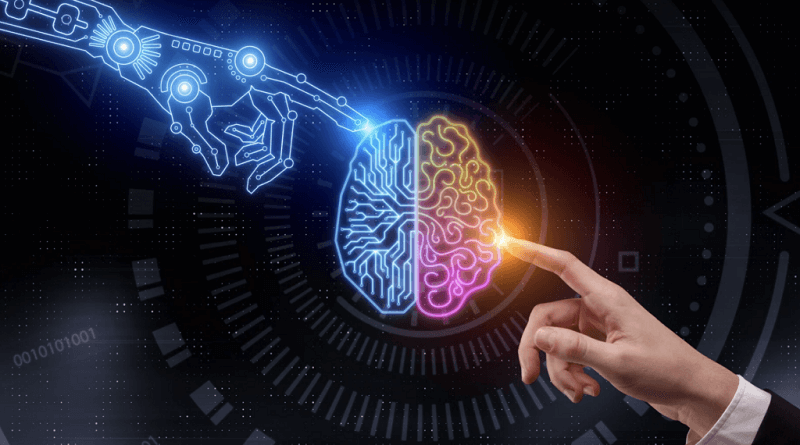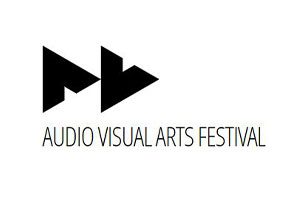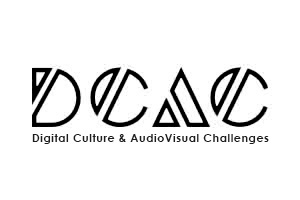
Artificial Intelligence has profoundly reshaped not only our daily lives but also the very concepts that shape our social and existential experience. In philosophical terms, we could say that it alters the ontological foundations of existence and our form of life. This change does not only affect our practical activities, habits, or work but also more fundamental notions such as values, norms, and –perhaps most importantly– the very meaning of being human. What does it mean, then, to be human in the age of AI?
Depending on how this question is answered, a spectrum of opinions emerges: from the view that "AI will never be able to replace humans" to the belief that "AI performs many human activities more efficiently and will ultimately replace humans entirely." Today, technological advancements seem to support the latter perspective, raising questions about which functions and activities can –or cannot– be automated. From agricultural labor to writing, translation, and even the creation of poetry, the discussion about AI's role has become increasingly intense.
In this lecture, we will focus on the issue of artistic creation. Is art an exclusively human activity, or are there scenarios in which other entities could also create art? We will define art as a human-political construct and examine whether AI can truly participate in this creative process. We will turn to 20th-century philosophical theories, such as those of Theodor Adorno, Martin Heidegger, Maurice Merleau-Ponty, Cornelius Castoriadis, John Searle, and others, to explore the different perspectives on this issue. Particular emphasis will be placed on the argument that art is not merely the product of a production process but rather a human experience with deep experiential and social dimensions, which a machine can hardly replicate.
The conclusion of this lecture will not adopt technophobic or dismissive positions towards AI, nor will it embrace uncritical techno-optimistic perspectives. Instead, we will strive to analyze the implications of this new technology in a sober and critical manner, positioning art as a fertile ground for re-evaluation. Through an exploration of the nature and process of artistic creation, we will seek to demonstrate why art, as a deeply human act, cannot easily be reduced to algorithmic processes.
Language of instruction: Greek
Coordinated by: Angeliki Malakasioti
Back to seminars





